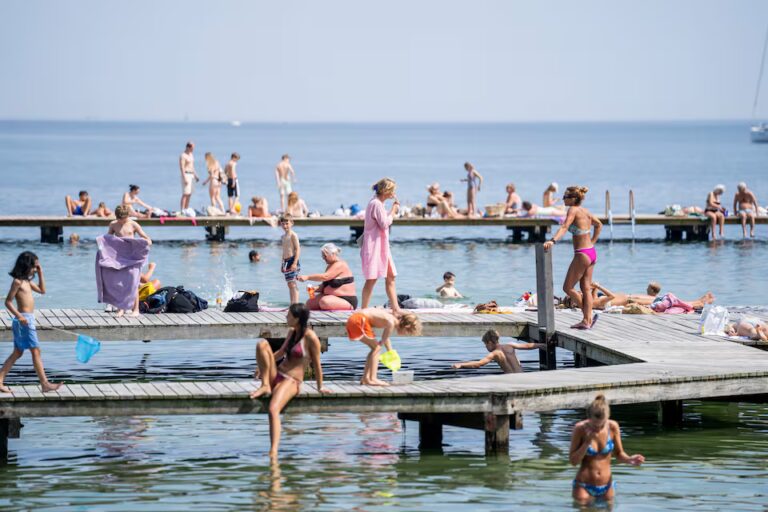Several Danish municipalities are considering the introduction of a tourist tax to help cover infrastructure maintenance and public service costs linked to high visitor numbers, despite the government’s opposition to such measures.
Fanø politicians cite wear and tear from visitors
On Fanø, local council members from different political backgrounds have voiced support for a modest fee on overnight stays. Lasse Harder Schousboe of the Red-Green Alliance (Enhedslisten) argued that visitors should contribute financially to the facilities they use, from roads to pedestrian zones.
Christian Lorenzen of the Conservative Party (Det Konservative Folkeparti) suggested a model inspired by Norway, where municipalities can impose a 3% overnight accommodation fee. He estimated that a charge of around 10 Danish kroner (€1.34) per night could generate an additional nine million kroner (€1.2 million) for the municipal budget.
Fanø hosted nearly 900,000 overnight stays last year, compared to a permanent population of just 3,300 residents. However, the island’s mayor, Frank Jensen of the Danish Social Liberal Party (Radikale Venstre), warned that such a tax could deter visitors and harm local businesses.
Wider calls from Ringkøbing-Skjern and Bornholm
The discussion extends beyond Fanø. In Ringkøbing-Skjern Municipality, Niels Rasmussen of the Socialist People’s Party (Socialistisk Folkeparti) supports a tourism levy to offset the strain on local welfare budgets. With around two million visitors annually, he argued that tourism infrastructure requires significant investment.
On Bornholm, municipal councillor Karen Lynn Jacobsen of the Social Democrats (Socialdemokratiet) said a small overnight fee of around €1 would help cover the costs of public services heavily used by tourists, such as public toilets, roads and bus services.
Government maintains opposition to tourism levy
Despite local interest, the Danish Parliament (Folketinget) rejected a proposal earlier this year from the Socialist People’s Party to allow municipalities to introduce a tourism tax. Acting Minister for Cities and Rural Districts Thomas Danielsen of the Liberal Party (Venstre) reaffirmed the government’s stance, calling the measure “a really bad idea” that would send a negative signal internationally. He maintained that Denmark should focus on attracting more tourists rather than imposing additional costs, even in areas facing heavy seasonal pressure.
For now, municipalities seeking to introduce a tourism levy will have to wait, as national policy firmly rules out granting them the authority to impose such fees.






